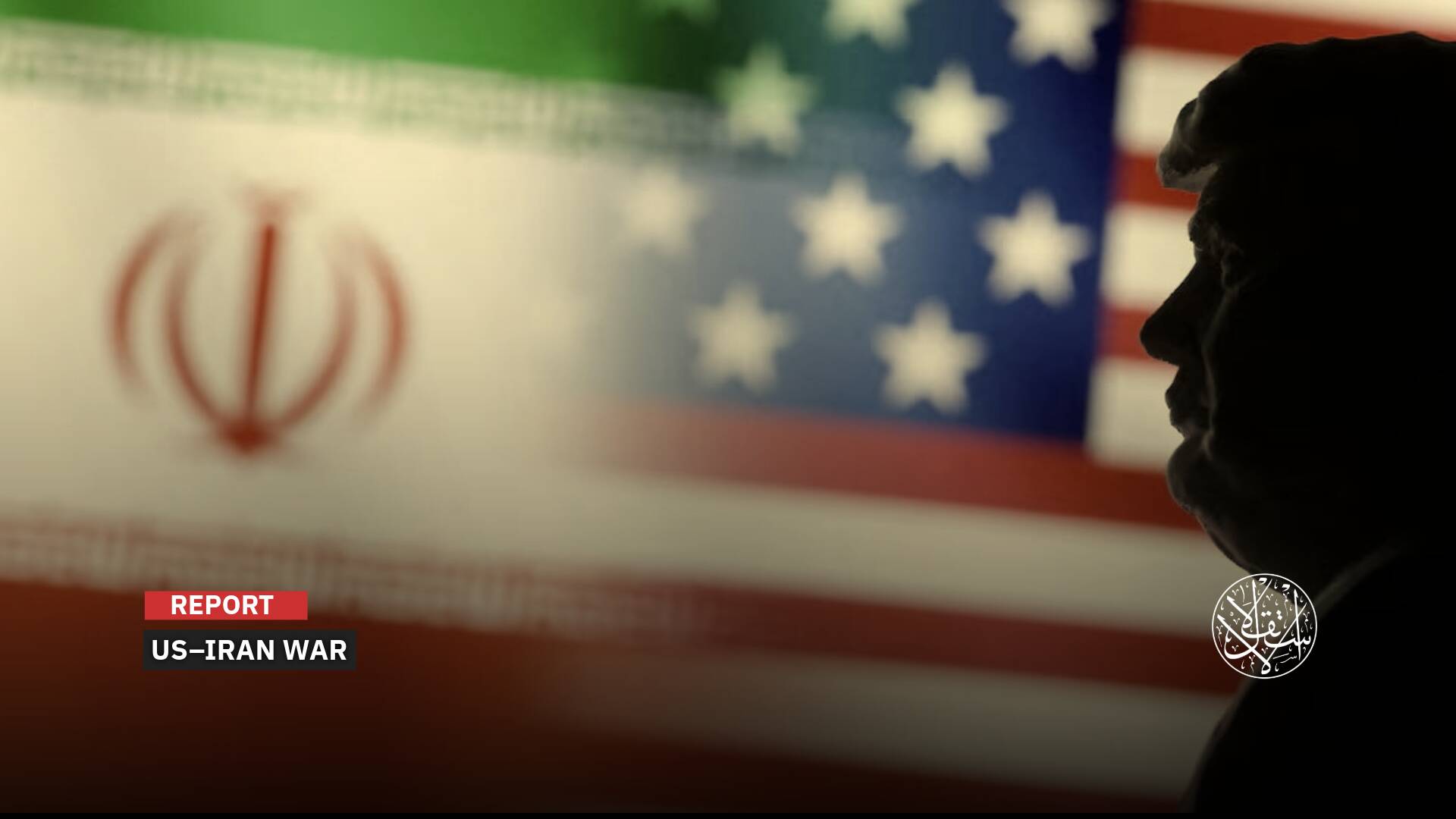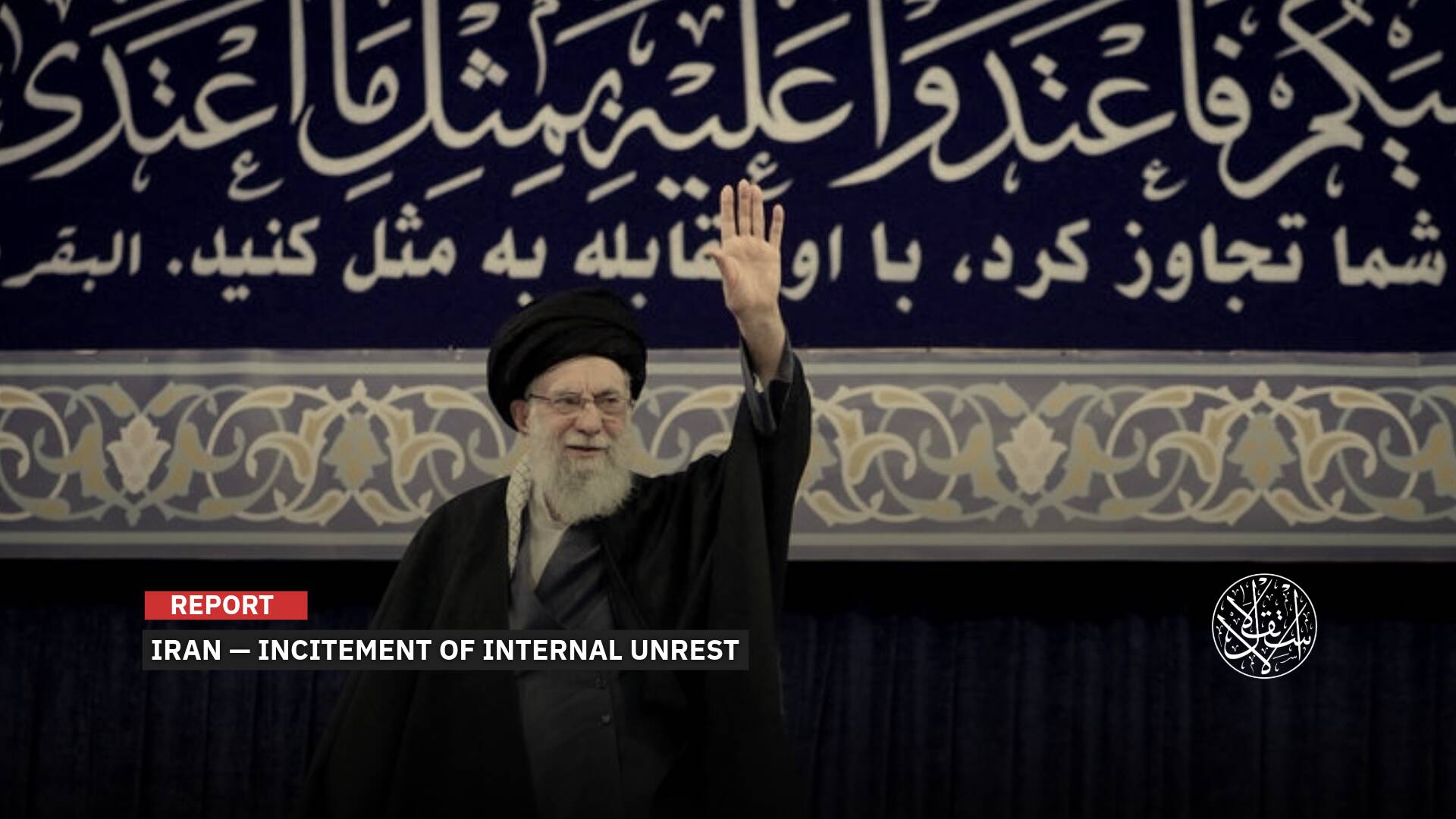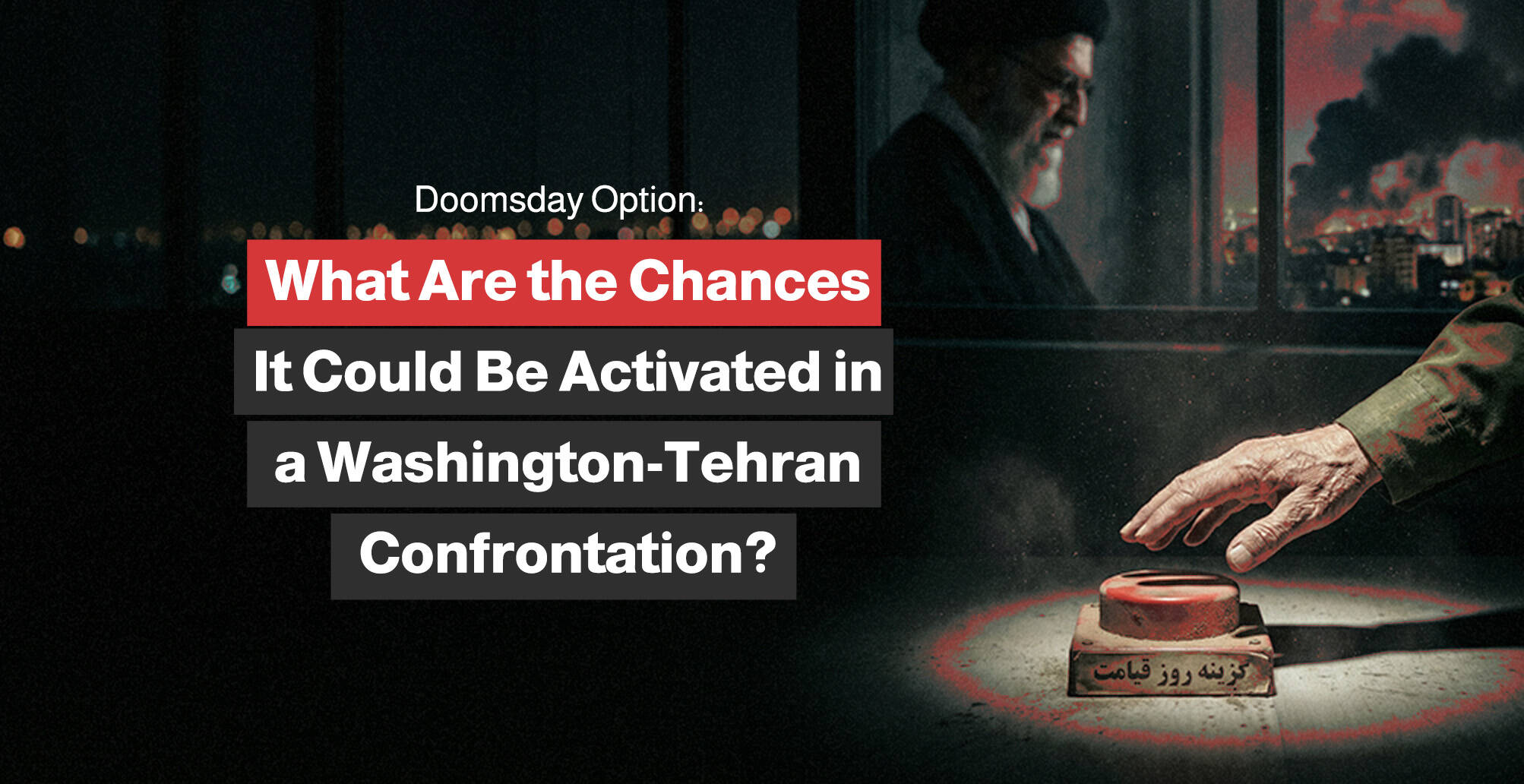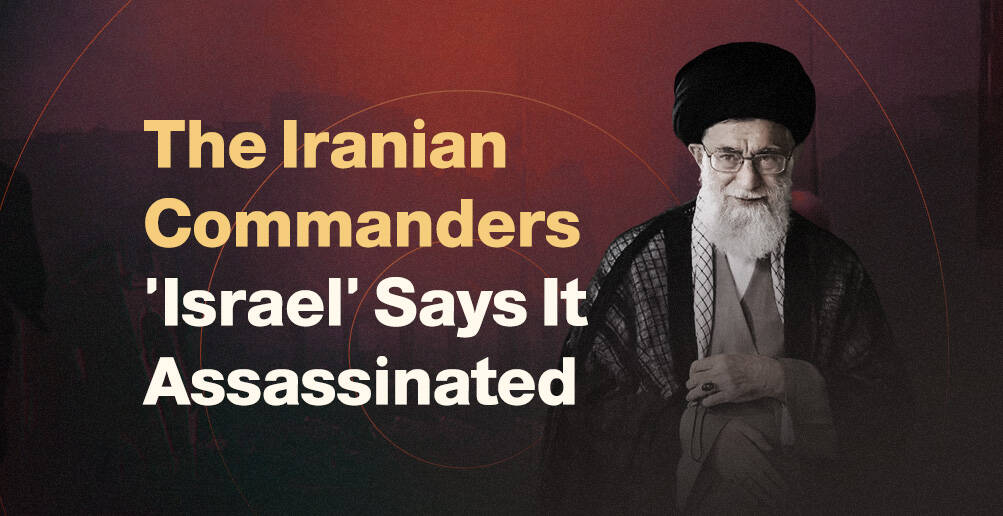Absence and Withdrawal: How Did the Jeddah Summit Reveal the Extent of Arab Division?

The Arab Summit, which took place in Jeddah, Saudi Arabia, on May 19, 2023, laid bare the deep divisions and conflicting interests among the participating countries, as evidenced by the lackluster presence of leaders.
The Jeddah Summit witnessed the absence of six Arab leaders due to disputes and divergent positions between countries.
The summit witnessed the notable absence of several key leaders, including Algerian President Abdelmadjid Tebboune, Moroccan monarch Mohammed VI, UAE President Mohammed bin Zayed, Kuwait’s Emir Nawaf al-Ahmad al-Jaber al-Sabah, Sultan of Oman Haitham bin Tariq, Comoros President Ghazali Othman, and Sudan’s Sovereign Council Chairman Abdel Fattah al-Burhan. Additionally, Lebanon’s President was absent due to the vacancy in the presidential position.
Interwoven Disputes
The presence of Syrian regime leader Bashar al-Assad at the Jeddah Summit seemed orchestrated by Saudi insistence following the restoration of Riyadh’s relations with Damascus on March 23, 2023.
This move accelerated efforts to reinstate Syria’s seat in the Arab League, as decided by Arab foreign ministers on May 7, 2023, after Syria was expelled in 2011 for brutally suppressing the Syrian revolution.
Ukrainian President Volodymyr Zelensky also captured the spotlight by participating in the summit and delivering a speech during the opening session, stating that, unfortunately, there are some in the world, including some among the Arab countries, who “turn a blind eye” to Russia’s illegal prisons and annexation of Ukrainian territories.
Zelensky’s visit to Jeddah, his first to the Middle East since the outbreak of the war in his country, provided an opportunity to address Arab leaders whose position on the Ukrainian conflict remains uncertain and fragmented, unlike their European and American allies.
A representative of the Arab League told AFP on May 19 that Zelensky attended the summit upon Saudi Arabia’s invitation, not the Arab League’s, but this seems to have further reinforced the Arab leaders’ determination not to attend the summit.
In a surprising move, Algeria announced President Tebboune’s absence from the Arab Summit in Jeddah, with Prime Minister Aymen Benabderrahmane representing him.
Crown Prince Mohammed bin Salman of Saudi Arabia was handed the presidency of the 32nd Arab League Summit.
Algerian media outlets attributed Tebboune’s absence to Zelensky’s presence at the summit, while some saw it as a reaction to the Saudi Crown Prince’s non-participation in the Arab League Summit hosted by Algeria in November 2022.
At the time, Riyadh attributed bin Salman’s absence to health reasons, while analysts linked it to Algeria’s rejection of Riyadh’s role in repairing diplomatic relations with Morocco.
Russian newspaper Vedomosti, on May 18, 2023, cited a diplomatic source stating that the Algerian president would visit Russia in mid-June 2023.
Algeria refrained from issuing any statement regarding the Russian invasion of Ukraine that began on February 24, 2022, or even calling for diplomatic solutions, for political reasons possibly related to the nature of Algeria’s military cooperation with Moscow on one hand and its positions and relations with Europe on the other.
Tensions also exist between Morocco and Algeria due to the conflict in Western Sahara, the former Spanish colony whose fate has been disputed between Morocco and the Polisario Front supported by Algeria since 1975.
Morocco proposes a self-governing solution for the region under its sovereignty, while the Polisario Front calls for a referendum on self-determination.
Another point of disagreement between Algeria and Morocco is military and security cooperation with “Israel,” which has accelerated since their diplomatic normalization in December 2020.
The animosity between the two Maghreb powers fuels an arms race, as the United States approved the sale of 18 HIMARS rocket launchers to Morocco on April 11, 2023, while the Algerian army relies on Russian weapons, with Moscow being one of the main arms suppliers to Algeria, the largest country in Africa in terms of area.
According to the German news agency on May 20, the Algerian president’s absence from the summit was to avoid Arab pressures, especially from Saudi Arabia, to convince Algeria to normalize its relations with its neighbor, Morocco, and initiate negotiations to resolve the disputes between the two countries, in light of Morocco’s positive response to those calls.
On the other hand, the weakened representation of Morocco at the Jeddah Summit at the level of the king is due to Morocco’s view of the Syrian regime as part of a comprehensive axis hostile to its interests, which includes Algeria, Iran, and Russia, the supporters of the Polisario Front.
Moreover, Rabat coordinates its positions with the United States, which rejects Arab normalization with the Syrian regime.
Saudi Emirati Dispute
The absence of UAE President Sheikh Khalifa bin Zayed from the Jeddah Summit indicates a new sign of tension between him and Saudi Crown Prince Mohammed bin Salman.
The German news agency cited diplomatic sources attributing Sheikh Khalifa’s absence to his prior official European tour.
However, other sources did not rule out the possibility that the reason for his absence was a Saudi–Emirati dispute over ways to end the war in Yemen and Abu Dhabi’s attempts to support the idea of dividing Yemen into northern and southern states, similar to the situation in the 1990s.

This is especially since Prince Mohammed bin Salman was absent from the meeting held in Abu Dhabi in January 2023, despite the presence of the leaders of Jordan, Egypt, and Qatar.
Many observers believe that the absence of the UAE president removes any doubt about the depth of the Saudi–Emirati disagreement amidst competition for influence in global oil markets, extending to the war in Sudan where Abu Dhabi supports the leader of the Rapid Support Forces, Mohamed Hamdan Dagalo Hemedti, against the regular army led by Abdel Fattah al-Burhan.
Riyadh extended an invitation to the Sudanese Sovereignty Council, represented by Dafallah al-Haj Ali, who criticized the Rapid Support Forces in his speech at the summit, describing them as “rebel forces” and stating that they committed the worst crimes of killing, looting, and rape in flagrant violation of international law.
Reports in the press have been consistent in indicating the escalating rift between Riyadh and Abu Dhabi. The Wall Street Journal, in a report published on March 3, 2023, stated that the disputes between Saudi Arabia and the UAE initially erupted behind closed doors, but they have increasingly started to leak into the public sphere, threatening to rearrange alliances in the Gulf.
The newspaper revealed that the UAE’s National Security Advisor, Tahnoun bin Zayed Al Nahyan, visited Saudi Arabia several times to meet with its Crown Prince, but these attempts failed to ease the tensions, according to informed sources.
Officials and former diplomats have mentioned that the swift reconciliation between Riyadh and Doha has annoyed Abu Dhabi, which originally sought to isolate Qatar and wanted to continue the blockade against it, according to the newspaper.
No For Assad’s Attendance
The departure of Sheikh Tamim bin Hamad Al Thani, the Emir of Qatar, from the summit without delivering a speech was the most significant event.
According to the Qatari Amiri Diwan, Sheikh Tamim left Jeddah after leading the Qatari delegation at the 32nd Arab League Summit.
In the same context, Reuters quoted an unnamed Arab official as stating that the Qatari Emir left the Arab summit before the Syrian regime president’s speech began.
The official added that Qatar’s participation in the Arab summit did not include any bilateral meetings, and the Emir did not deliver a speech, emphasizing that his attendance was a “friendly visit.”
According to an early April 2023 report by the opposition Syrian TV station “Syria TV,” citing an unnamed Arab diplomatic source, Qatar’s position regarding the reintegration of the Assad regime into the Arab League was discussed.
The source mentioned that Qatar, which has supported the Syrian opposition for years, coordinates its steps with influential international parties and is not enthusiastic about taking unilateral steps that may provoke its international allies in its relationship with the Syrian regime.
The Arab summit in Jeddah revealed the weakness of the agreement between Iran and Saudi Arabia following the normalization of relations between them in March 2023.
Yemeni Council of Leadership President Rashad al-Alimi, in his speech at the summit, directly accused the Houthi militias of being supported by Iran in alleviating the suffering of Yemeni citizens.
Al-Alimi expressed hope for “the restoration of Yemen’s institutions and the end of the Houthi militias’ coup, which is supported by the stubborn Iranian regime, relentlessly pursuing its destructive project in the region while our Arab system remains divided and unable to respond to crises and armed conflicts that threaten the collapse of the nation-state.”
He further stated that “the renewal of the ceasefire in Yemen faces obstinacy from the Houthi militias, regardless of the suffering of millions of Yemenis.”
Al-Alimi’s words delivered a direct message to the Assad regime, which maintains a strong relationship with the Houthis and provides them with Syrian territories for training purposes with the assistance of the Lebanese Hezbollah.
While several leaders welcomed Assad’s presence, the Jordanian King Abdullah II refrained from personally welcoming Bashar al-Assad and limited his greeting to “Syria’s return to the Arab League.”
This indicated the Jordanian king’s displeasure with the Assad regime’s failure to fulfill its promises following the normalization of relations between them in 2021, particularly regarding preventing drug smuggling operations into Jordan. Smuggling has become a threat to Jordan’s national security.
It is almost impossible for weeks to pass without the Hashemite Kingdom of Jordan, which shares a border of up to 375 kilometers with Syria, announcing the entry of millions of drug pills, especially as the Assad regime has taken control of drug production and turned Syria into a distribution and export route to the world, as confirmed by the United States and Western countries.
The absence of Kuwait’s Emir Nawaf al-Ahmad can be attributed to his health condition, which regrettably hindered his participation in the Jeddah summit, as well as several other Gulf and Arab summits. He was represented by Crown Prince Mishal al-Ahmad al-Jaber al-Sabah.
Sources
- The most prominent leaders absent from the Arab League summit in Jeddah [Arabic]
- The Emir of Qatar leaves the Arab summit before the start of Bashar al-Assad's speech [Arabic]
- What is behind the last-minute absence of President Tebboune from the Arab summit? [Arabic]
- An American newspaper reveals the details of the differences between Saudi Arabia and the UAE [Arabic]











